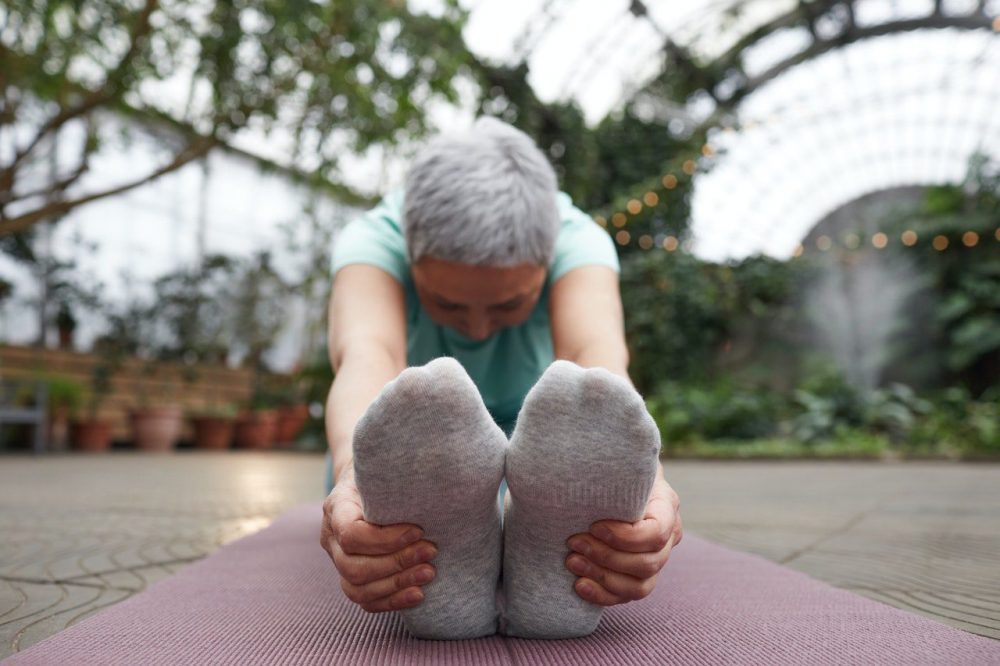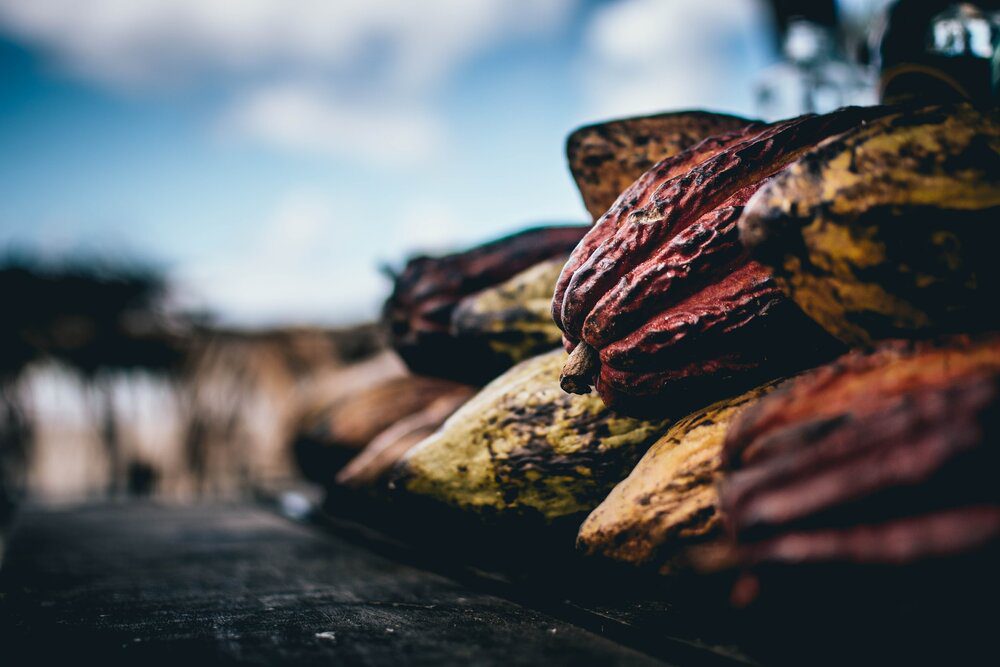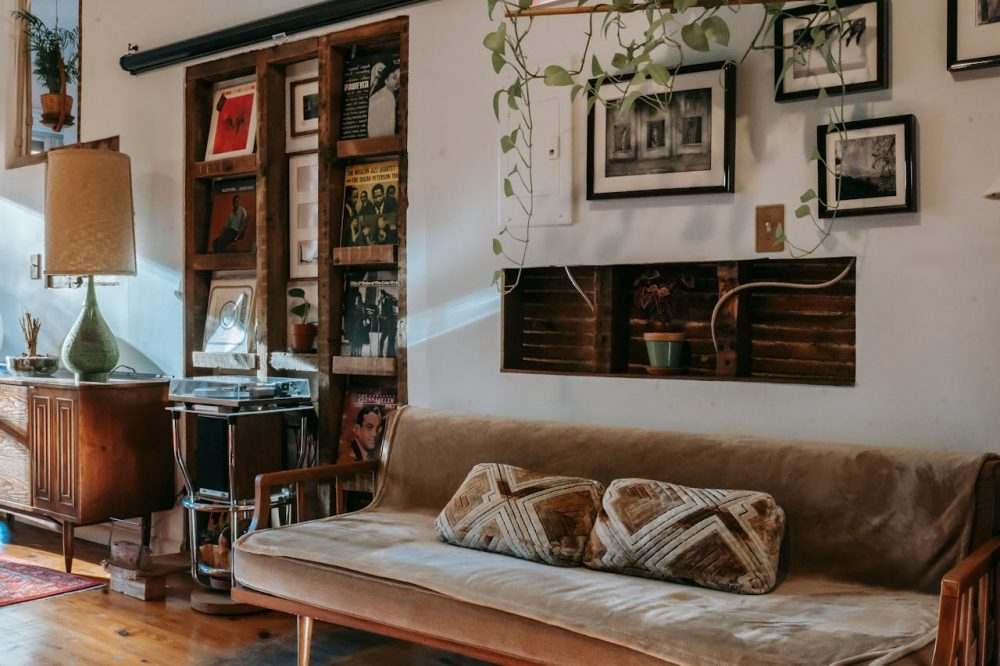Starting your own garden is quite simple. All you need are some seeds and plastic containers, or small repurposed containers, as a starting point. You can also plant your seeds in a biodegradable pot that you can easily grow anytime and anywhere, even at your home and office desk! Seed starters are a great way to kick-start your biodegradable garden over the spring.
A repurposed container can be easily recycled into plant holders and for decoration purposes supporting environmental sustainability and healthier living. You can also use organic compost such as vegetable scraps and garden clippings while fruit leftovers such as banana leaves are believed to contain high levels of carbohydrates that act as a natural decomposer when added to the manure and compost. An organic compost reduces the amount of debris that goes to landfills and later contributes to polluting the environment.
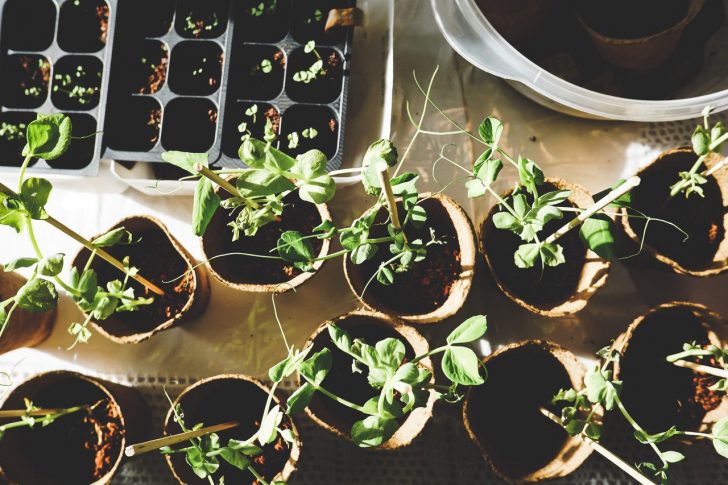
▃ / Pexels | The glory of gardening: hands in the dirt, head in the sun, heart with nature
Having greenery inside your house as interior design such as hanging plants, succulents, and leafy vines can be soul cleansing and refreshing for your eyes. Studies have shown that plants can boost your mind, productivity levels, and concentration levels while also reducing stress and fatigue. Social media is now full of greenery-inspired interior designs, plant-based podcasts, and online plant subscription services such as Grounded. While being aesthetically pleasing and turning your living space into a Pinterest recommendation, plants can offer strong health benefits, both psychological and physical, and to some extent, also spiritual. Here's how plants help you to live healthier and happier:
Planting helps reduce stress levels
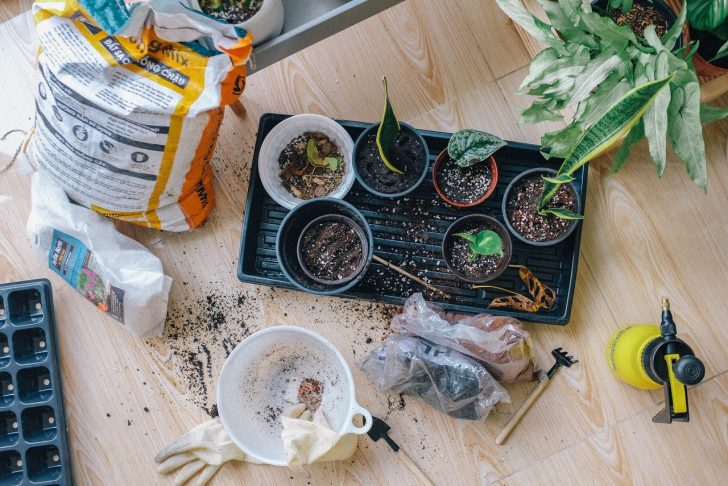
Huy Phan/ Pexels | Gardening can help reduce symptoms of depression and anxiety.
Planting can lower stress responses in people. Since maintaining and keeping these living things fresh and alive is a commitment, it acts as therapy and helps people forget about their troubles and stressful tasks that occupy their minds. The more love and care you show your plants, the better they grow, giving you a sense of accomplishment. Studies have also shown that fresh colors such as green clear up the mind and let you forget about everything else. A rendezvous with nature every day can do wonders for your well-being because green spaces reduce mental fatigue, increase relaxation and improve your cognition system which automatically gives you a calming effect.
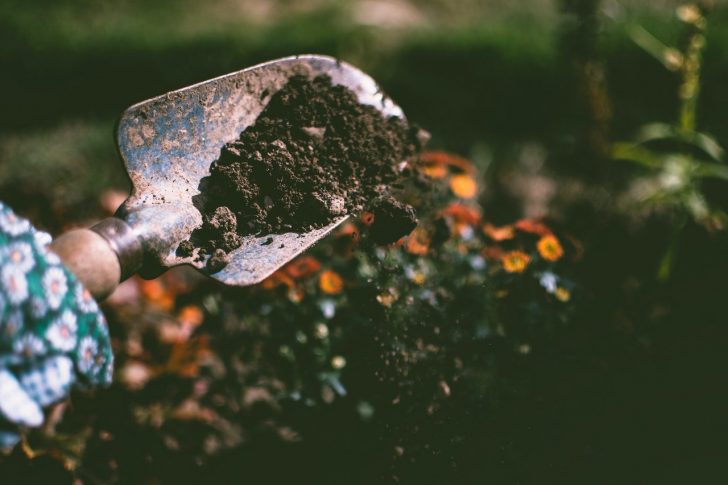
Lisa Fotios/ Pexels | We must cultivate our own garden
Planting helps clean the air
Plants help to get rid of common toxins and indoor pollutants such as formaldehyde, benzene, and trichloroethylene. These gases are known as “off-gas pollutants” that are typically found in homes, schools, and offices. NASA recommends having 15 to 18 houseplants in a 1,800-square-foot radius for effective air cleaning. However, the ability to clean the environment mainly varies on the plant–more specifically, the size of the plant, the size of the indoor space, the level of air pollutants and toxins in the air, and the health of the plant. To allow your plants to perform their best and help you breathe clean, you must first clean off the dust on the leaves and let your plants soak in natural sunlight from time to time.

